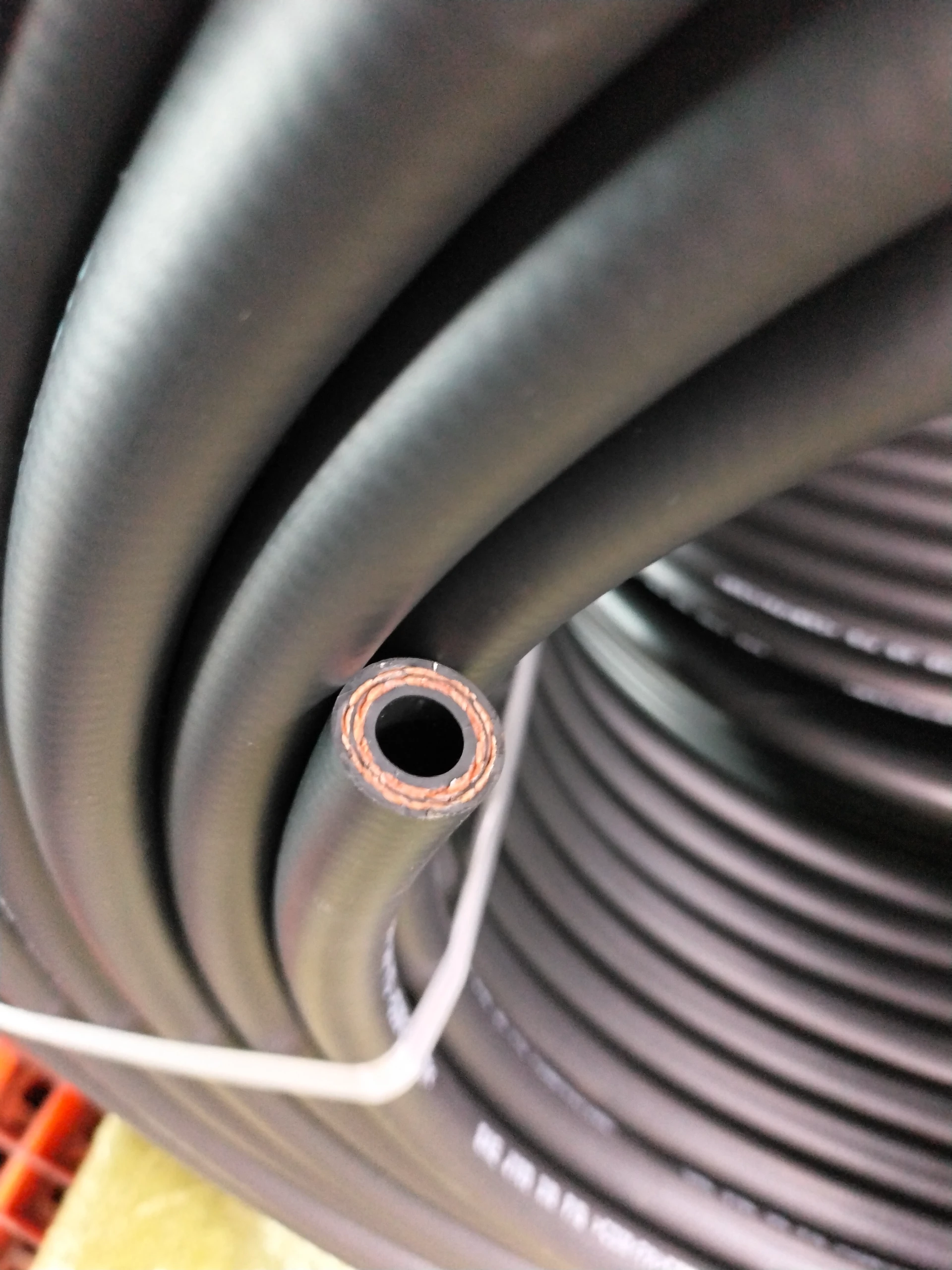cost of replacing brake pipes
Nov . 11, 2024 15:33 Back to list
cost of replacing brake pipes
The Cost of Replacing Brake Pipes Understanding the Implications for Vehicle Maintenance
Brake pipes are a crucial component of any vehicle's braking system. They carry brake fluid from the master cylinder to the brake calipers, ensuring that when you hit the brake pedal, the vehicle comes to a halt. Over time, however, these pipes can degrade due to corrosion, damage, or wear and tear, necessitating replacement. Understanding the costs associated with replacing brake pipes is vital for every vehicle owner, as it impacts not only financial planning but also personal safety on the road.
The Importance of Brake Pipe Integrity
Brake pipes are typically made of steel or copper/nickel alloys. Steel pipes are more common but are also more susceptible to rust and corrosion, especially in regions where roads are salted during winter. On the other hand, copper/nickel alloy pipes offer better resistance to corrosion, albeit at a higher initial cost. Regardless of the material, it is essential to maintain the integrity of these pipes to ensure optimal braking performance. A failure in the brake system due to compromised pipes can lead to severe accidents, making timely replacement not only a matter of dollars but also of safety.
Factors Affecting Replacement Costs
1. Material of Brake Pipes The choice between steel and copper/nickel will significantly affect the overall cost. Steel brake pipes are generally less expensive, with costs ranging from $0.50 to $3.00 per foot. Copper/nickel pipes, meanwhile, can cost between $2.00 and $5.00 per foot.
2. Labor Costs Professional installation is often recommended, especially for those without mechanical expertise. Labor costs can vary widely based on geographic location, shop reputation, and the complexity of the job. Typically, labor for replacing brake pipes can range from $50 to $150 per hour, with the entire job taking between one and four hours, depending on the vehicle's design and accessibility of the brake lines.
3. Extent of Repair The overall cost may increase if additional brake system components need replacement or repair. For instance, if corrosion has spread to brake calipers or hoses, these too will need attention, escalating the repair bill.
cost of replacing brake pipes

4. Vehicle Type Different vehicles have varying designs and complexity levels for brake pipe systems. Luxury and foreign vehicles may have specialized parts that can be more expensive to source and replace.
5. Regional Differences Depending on your location, prices for parts and labor can vary. Urban areas often have higher rates than rural settings due to demand and cost of living differences.
Average Costs
Considering the aforementioned factors, the total cost of replacing brake pipes can vary significantly. On average, vehicle owners can expect to pay anywhere from $150 to $500 for complete brake pipe replacement. This range includes both parts and labor costs. For those opting to replace brake pipes independently, material alone may cost around $100 to $200, assuming a typical length of brake line is required.
Preventive Measures
Investing in regular vehicle inspections and maintenance can help avoid costly repairs down the line. Many brake issues can be identified during routine service checks, potentially saving owners from expensive replacements and ensuring their safety on the road. Regularly checking for signs of wear, such as rust or leaks around the brake pipes, will help in identifying issues early.
Conclusion
The cost of replacing brake pipes is a critical consideration for every vehicle owner. While the initial expense may seem daunting, the importance of a reliable braking system cannot be overstated. Prioritizing brake maintenance not only safeguards your financial investment in your vehicle but, more importantly, protects your own life and the lives of others on the road. By understanding the cost factors and taking preventive measures, vehicle owners can ensure their braking systems remain functional and reliable for years to come.
